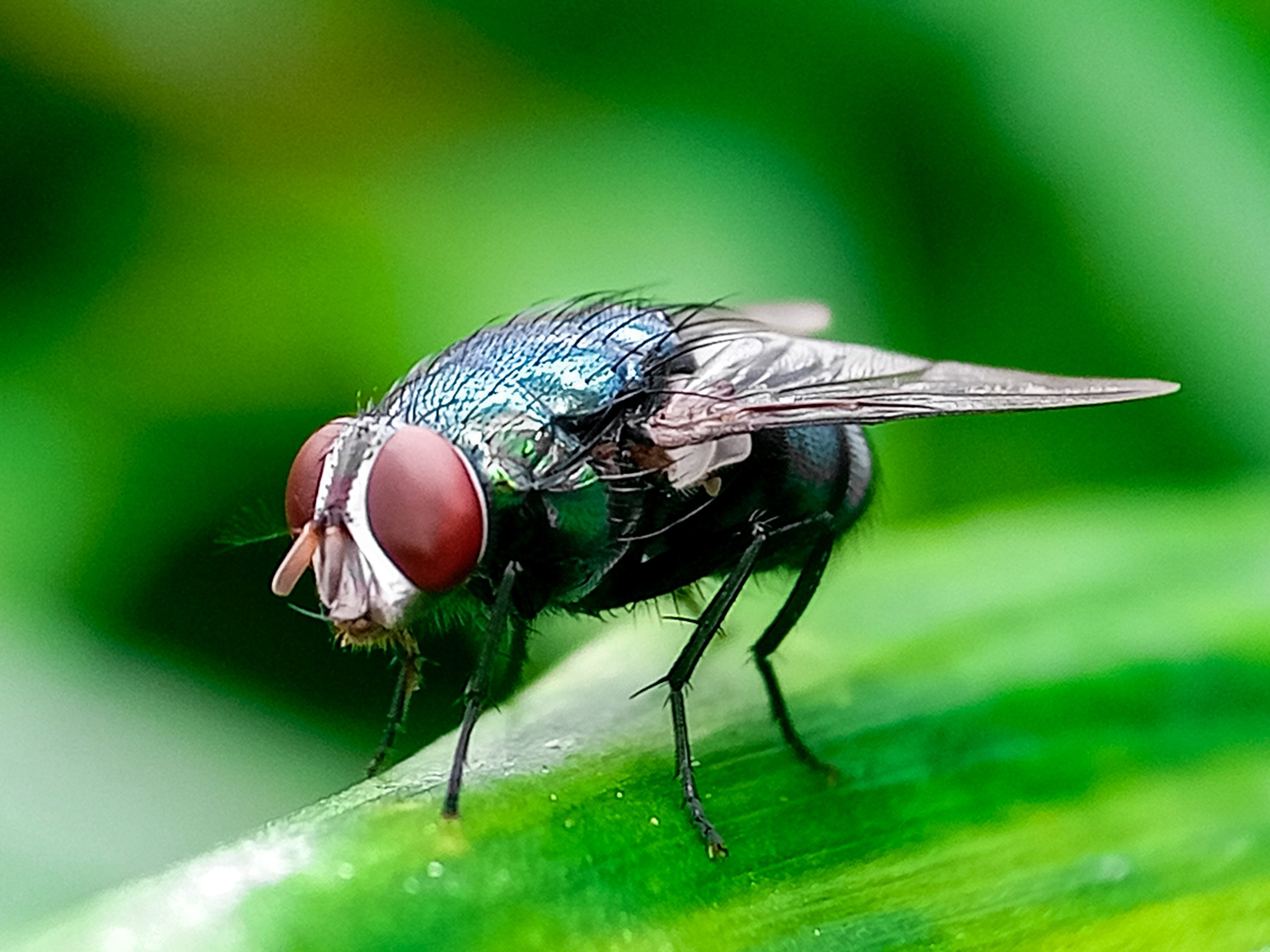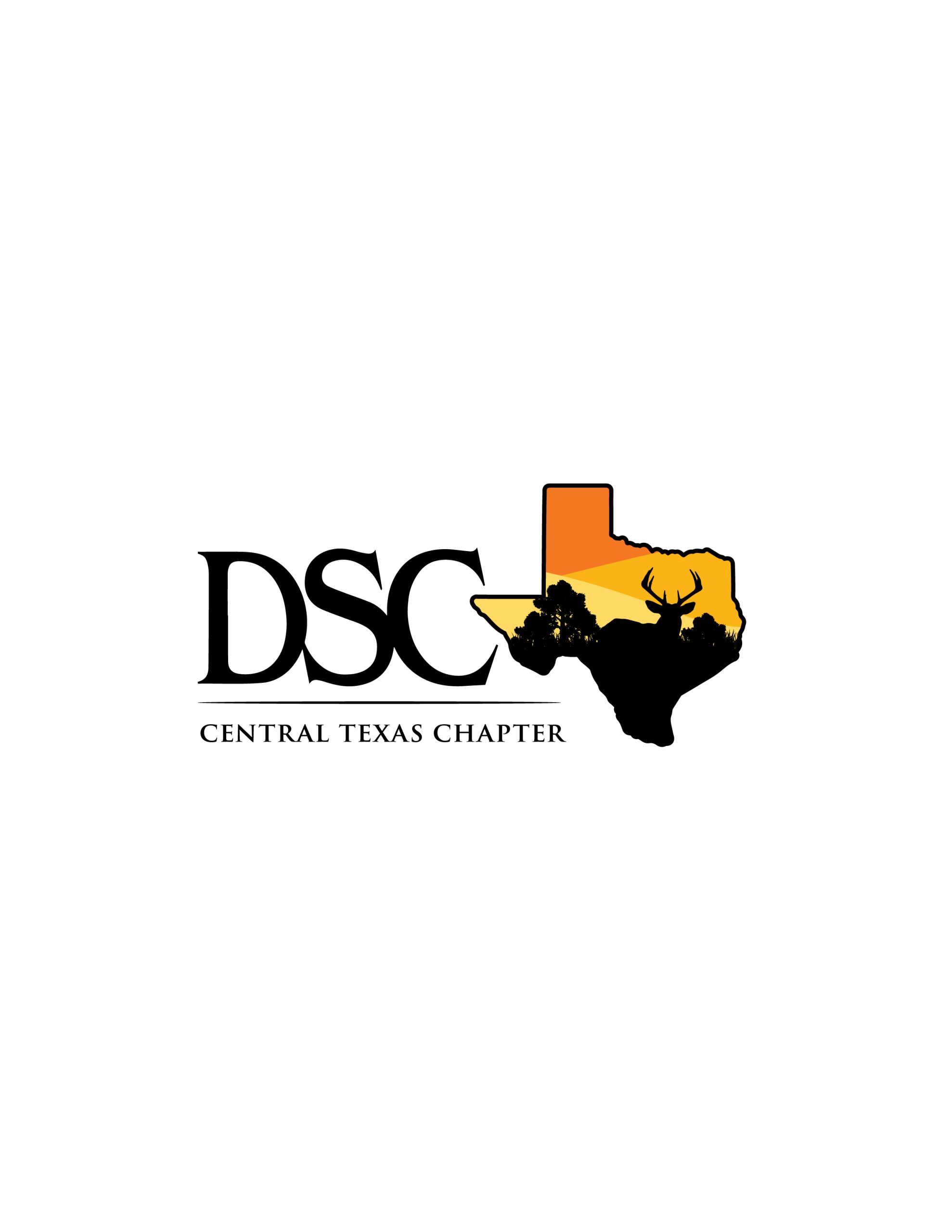By Andrew Dawson, Zimbabwe Professional Hunter
The elephant of Zimbabwe are at a crossroads as a species. His long-term survival is being decided by a seemingly endless, but generally miss-guided cast of politicians, government officials, animal rights groups. The majority are well meaning, but hopelessly miss-informed and often purposely miss-led masses that drive policy via social media outrage.
What seems to be taking a backseat in the discussion are the considerable science based facts, as well as the indisputable data on the financial impact that well regulated sport hunting has on both the elephant as species, and the rural Africans that live among them.
As a lifelong resident of Zimbabwe, a licensed Professional Hunter, tourism operator, and farmer I have considerable experience with both the rural people, and elephants of Zimbabwe.
The rural African scratches out a living raising small plots of crops, as well as fishing and tending small herds of goats or cattle. His is a difficult existence at best. It is further complicated due to the fact that his wild neighbors, especially elephants, are a constant threat to his crops, and at times, to life and limb.
To a farmer that must sit quietly in his mud and thatch hut, listening to a herd of elephants destroying his entire crop in one night of feeding, the elephant is nothing more than a dangerous enemy to his livelihood, and even the existence of himself and his family.
Often he will throw a spear, or blindly fire an ancient muzzleloading rifle at the bulk of a feeding elephant in hopes of driving the menace from his fields. The predictable and tragic result is a wounded elephant that now becomes a deadly threat to any unsuspected person it comes across.
This sad scenario is a daily occurrence in rural communities that do not benefit directly from a healthy, and tightly regulated safari hunting industry.
On the other hand, areas that enjoy the presence of, and opportunities created by a safari presence, soon realize that healthy game populations, including elephants, are the key to a better life!
Employment opportunities, the life giving benefit of protein provided by game taken on safari, and medical facilities are just some of the benefits realized by rural people living in such areas. Now the occasional crop raiding is more than made up for by the benefits stated above.
I have seen, time and again, the shift in opinion of rural Africans who are introduced to the beneficial realities of a healthy safari industry. They become invested in, and protective of the wildlife they live beside.
If the United States fails to lift the suspension of legally sport hunted elephants, they will have effectively put a nail in the coffin of the elephants of Zimbabwe.
Gone will be the funding for anti- poaching efforts. These vital initiatives are funded entirely by safari operators and safari clientele that support these efforts.
In addition, our Zimbabwe Parks Department’s primary source of funding comes directly from the safari hunting industry. And elephant hunts are key generators of this important funding.
Without the financial benefits offered by the legal harvest of elephants, poaching will continue to rise, (as it clearly has since the 2014 U.S. import suspension) and the well organized, armed, and funded criminal poaching cartels will sweep through the elephants range unopposed by either Zimbabwe Parks, or the presence of professional safari operators and their anti-poaching personal.
The fear of myself, and every other safari operator in Zimbabwe, as well as the rest of Africa, is that the United States will let social media outrage, a decidedly anti hunting mainstream media, and a miss-informed number of politicians use EMOTION over SCIENCE to form their position on the elephant suspension decision.
I ask President Trump to back the science -based findings of his own USF&WS to end the suspension of elephant imports into the United States.
Mr. President, without the protection provided by a healthy, legal, and well regulated safari industry, the elephant in Zimbabwe will soon be only a sad memory for those of us who love, and continue to fight for this species survival.
Respectfully Submitted
Andrew Dawson
Mr. Dawson is the co-owner of last year’s DSC Outfitter of the Year, Chifuti Safaris, out of Zimbabwe.



